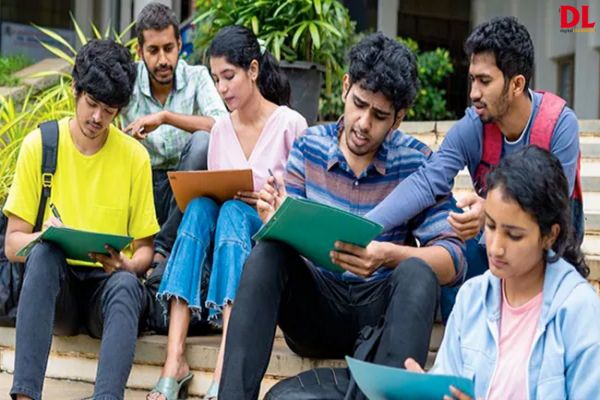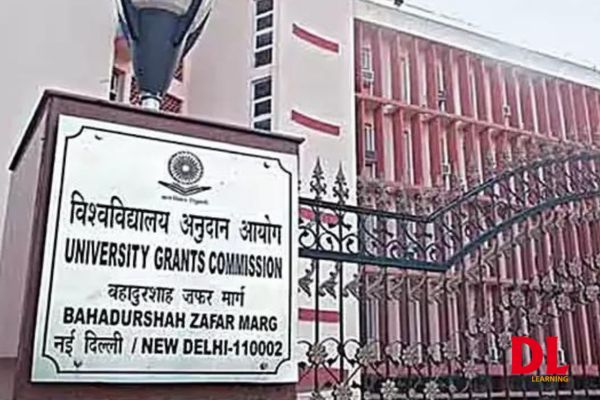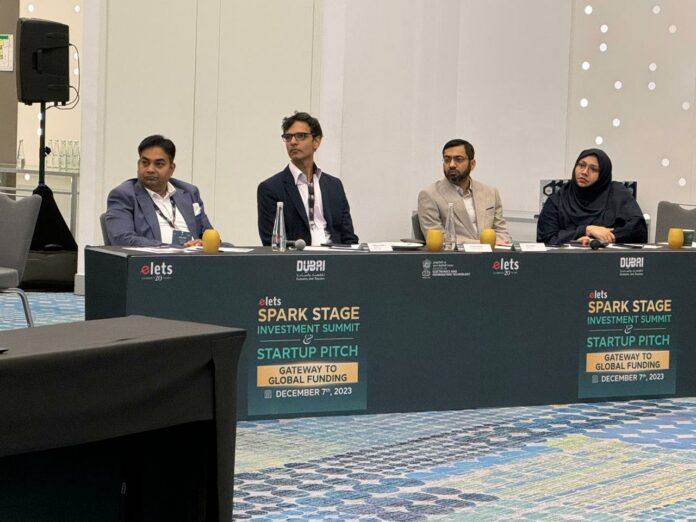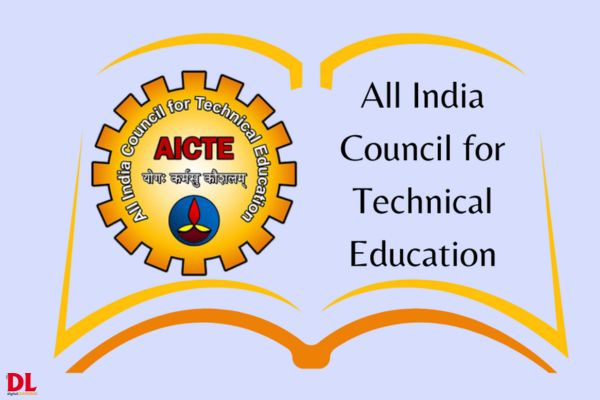Elets Group LLC., a leading global technology and media research organisation, organised the Elets Spark Stage: Investment Summit & Startup Pitch on December 7, 2023, in collaboration with the Dubai Department of Economy and Tourism. The event took place at the Radisson RED Dubai Silicon Oasis, bringing together distinguished industry leaders, esteemed investors, and innovative startups, fostering a dynamic platform for knowledge exchange, networking, and investment opportunities.
The event kicked off with opening remarks by Dr. Ravi Gupta, Founder & CEO of Elets Group LLC., setting the tone for a day filled with insightful discussions and exciting pitches.
H.E. Dawood Al Shezawi, President, AIM Global Foundation, delivered a compelling keynote address, emphasising the significance of global collaboration and innovation in the startup ecosystem.
The event witnessed the launch of two stellar initiatives of Elets – Elets Accelerator and Investment Podcast, with the inauguration done by H.E. Dawood Al Shezawi, President, AIM Global Foundation, and Ghanim Alfalasi, Senior Vice President, Technology & Entrepreneurship, Dubai Silicon Oasis (DSO).
Elets also launched a new magazine “Elets Wealth Insights” at the summit.
Ghanim Alfalasi, H.E. Dawood Al Shezawi, and Dr. Ravi Gupta engaged in a thought-provoking panel discussion on “Evolving Startup Ecosystem, Investment Landscape & Opportunities”, shedding light on the potential opportunities for growth.
Throughout the day, innovative startups presented their ideas during engaging pitch sessions, featuring companies such as Revent, Aluplex India Pvt. Ltd., Astragene, Super Click, Machfox, Sabka Dentist, Markets2Home, GOTD, Rovelens, Nafre, Creative 3D Technologies, Inc., Loya Legal, Butterfly Preschool, and Project Funding.
The event presented an impressive lineup of investors committed to supporting the entrepreneurial ecosystem. The team included:
• Lloyd Cardoza, Investment Manager, Mubadala Health (M42)
Shafaat Hashmi, Chairman, Stalliongates Investments (Private Equity)
• Dr. Mustafa Saasa, Chairman, Raj Group of Companies (Family Office)
• Andrew Hammond, Regional Director and Partner, Beaufort Private Equity (Private Equity)
• Hussein Tantawi, Senior Executive Officer, ICEBERG Capital (Private Equity)
• Vish Narain, Managing Partner, Pulsar Capital (Venture Capital)
• Ashish Goel, Regional Partner & Head – Middle East, Thinkuvate (Venture Capital)
• Pranav Sharma, Founding Partner, Woodstock Fund (Venture Capital)
•
• Piyush Surana, VP – Strategy and Investments, Gulf Islamic Investments (GII)
• Vikash Sharma, Founder, IC1101 Capital
A distinguished jury, comprising industry leaders and experts, evaluated the participating startups and provide valuable insights. The team included:
• H.E. Dawood Al Shezawi, President, AIM Global Foundation
• Ghanim Alfalasi, Senior Vice President – Technology & Entrepreneurship, Dubai Silicon Oasis (DSO)
• Mohammed Al Aidroos, Founder, Al Aidroos Group
• Sophia Moulin, Executive Director – Investor Relations, Siera Global Investments
• Olivier Crespin, Four-time Bank Builder
• Dr. Ravi Gupa, Founder & CEO, Elets Technomedia LLC
Vivek Kumar, the founder of Venture Garage, joined as – at the event, bridging the gap between startups and strategic investments.
The event was made possible in partnership with esteemed organisations such as IC1101 Inc, In5, AIM, Hub71, SweNetic, and Dubai Silicon Oasis Authority. Some esteemed government organisations such as the Ministry of Electronics and Information Technology, National eGovernance Division (NeGD), Digital India, Mumbai Metropolitan Region Development Authority (MMRDA), Kerala State Electronics Development Corporation Ltd, Kochi Metro Rail Limited, StartinUP and the Uttar Pradesh New and Renewable Energy Development Agency (UPNEDA), Government of Uttar Pradesh also joined as supporting partners.
The event concluded with investment announcements, marking the successful culmination of a day filled with innovation, collaboration, and promising opportunities.





























